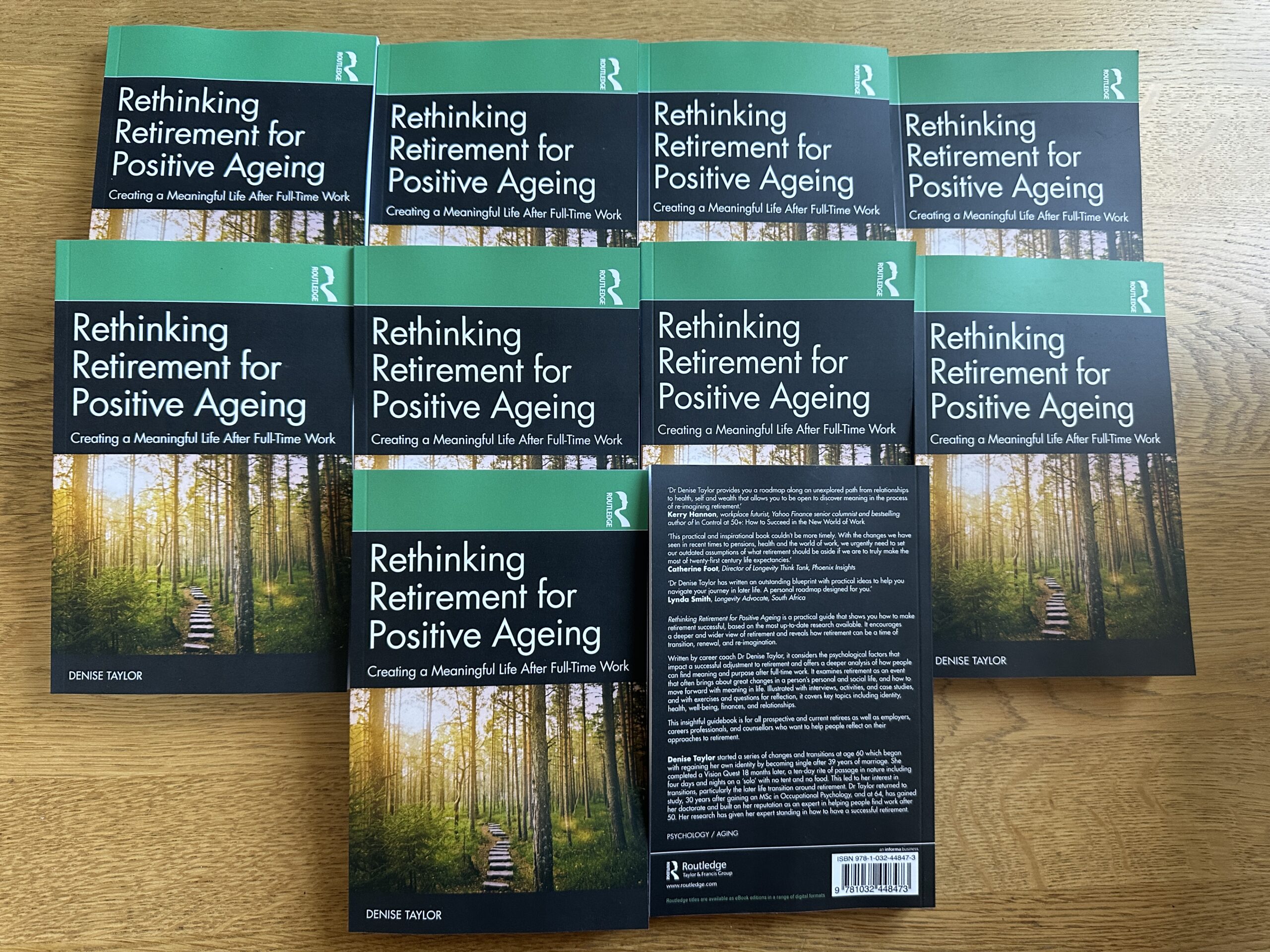What sort of people do you work with?
I am an occupational psychologist who specializes in career development. My clients are mainly young graduates who have still to find the right career path for them, and career changers who after working in a profession for a number of years, realize that it is not the right one for them. Whichever group they are from, as they make their enquiries, they seek reassurance that they are not the only people to feel this way, and what can I do to help.
The younger people have often not given much thought to a future career when taking a degree, and been influenced by family and friends. Those that have followed a profession have often chosen one that follows a family tradition, or is seen as a well paid and/or safe route to take. It has never been based on any personal assessment of what will be the right fit for them.
Recent clients have included a software engineer who was influenced to take a degree in this area as his father said it would lead to well paid work, despite his interest in the arts. Another example being a solicitor who was jaded with his work, and at 18 had chosen law, as he didn’t get into medical school. A third was a perpetual student who already had three degrees, studying at Oxford and Harvard and was set to do a PhD, but something made him want to take stock.
In the introductory session, I explain about my service and ask questions to find out if the person has any ideas of their future career. If they do, I suggest a one off session to explore this with them. In most cases, however, they are open to finding out about possible career paths and follow this career assessment programme.
Tell me about the career assessment programme
The career assessment programme comprises 3 separate assessments and a number of inventories and exercises. The main assessment I use is the Highlands Ability Battery. It is an assessment of abilities that can be completed “on line” or via a CD rom and which leads to specific suggestions for careers. I also include the Myers Briggs Type Indicator and the Strong Interest Inventory.
https://www.amazingpeople.co.uk/pdf/article_published_in_assessment_matters.pdf




